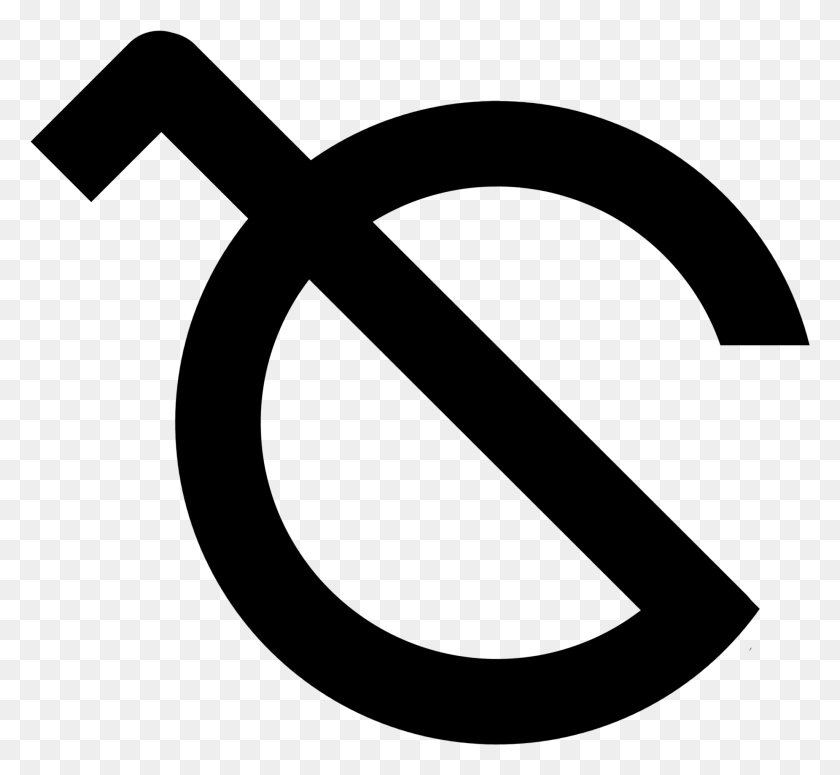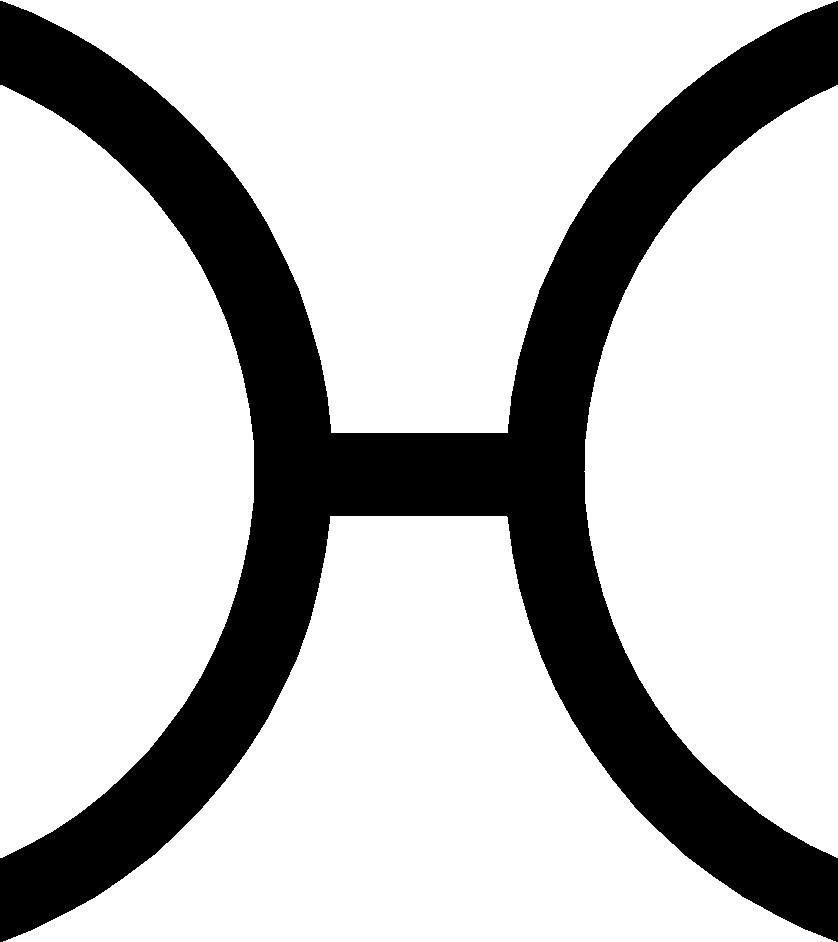
Being the king of the seas, Poseidon’s messengers were the dolphins. However, it is believed he always carried his trident everywhere. For example, in his attempt to conquer the city of Athens, he struck the ground with his trident and caused a spring of salty water to bounce up. The Greek term is vague about the shape.Īpart from striking the earth, if he was offended or angered, he used the trident to show his power over the seawater.

The Greek equivalent is ‘τρίαινα’ (triaina), from Proto-Greek trianja, meaning ‘threefold’.

The word ‘ trident ’ comes from the Latin word tridens or tridentis : tri meaning ‘three’ and dentes meaning "teeth", referring specifically to the three prongs. How? By using his trident -a three-pronged spear divine weapon, also said to have been produced and given by the Cyclopes, before the war commenced between the Titans and the Olympians. Poseidon, the sea and oceans God, brother of Zeus, was also known as the ‘Earth Shaker’ believed to cause earthquakes. Other frequent -animal- symbols are the eagle and the bull, the former expressing pride and Zeus’ power over the skies and the latter referring mainly to the form he took when raping Europa -a scene depicted on the Greek 2-euro coin. God Zeus DP - credits: Zwiebackesser/depositphotos Considering that Zeus was the big one God, above all the rest of the Olympian Gods, we understand the connection between the depictions of Zeus holding the thunderbolt and the description in Heraclitus’ fragment talking about ‘the Thunderbolt that steers the course of all things’. According to Greek mythology, It is a weapon given to him by Cyclopes, the giant, one-eyed creatures. However, the most famous symbol of Zeus is the thunderbolt. A typical example is that of Agamemnon sending Odysseus to the leaders of the Achaneans, lending him his sceptre.

It came to be used by respected elders, judges, priests, and in general people in authority, as well as by kerykes (heralds). The king of the Gods and ruler of the Olympus goes the most times together with his sceptre (in Ancient Greek: skeptron ), which was a long staff headed by a bird.


 0 kommentar(er)
0 kommentar(er)
